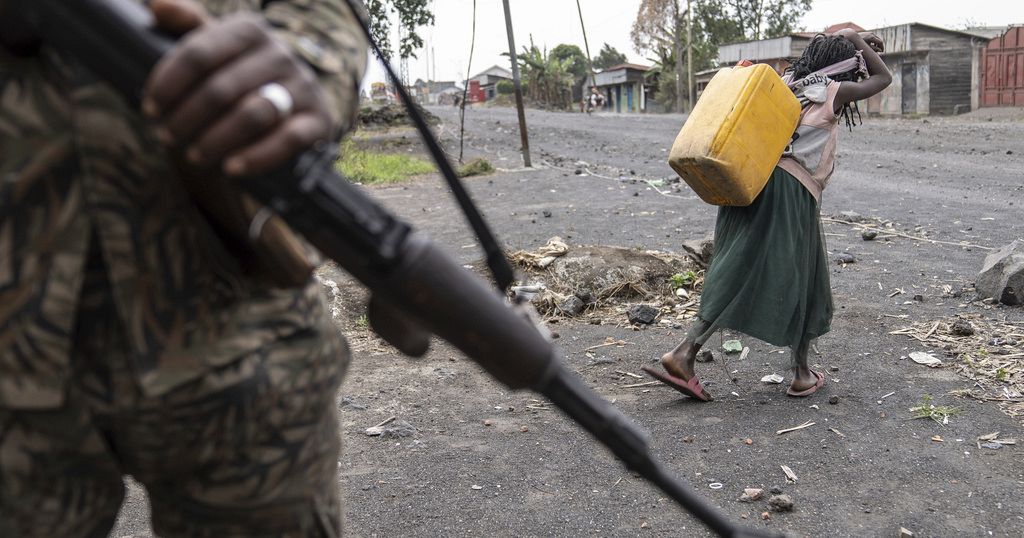Africa
Returning home to nothing: Displaced families in eastern DRC face dire humanitarian crisis

As violence continues to escalate in eastern Democratic Republic of the Congo (DRC), families returning to their communities after months—or even years—of displacement are met with ruin, hunger, and uncertainty.
“These are families that were already displaced before the crisis that has rocked the city of Goma and North Kivu more broadly,” says Hercules Kipa, Head of Emergency Programmes for Concern, speaking from Kibumba. “Following this latest crisis, these communities returned to their areas of origin. These families that are returning home don’t have land to cultivate and have lost their sources of income. They are home, but their humanitarian needs continue.”
The most recent wave of displacement, triggered by renewed violence and the dismantling of internally displaced persons (IDP) camps, has forced over a million people into precarious conditions. Humanitarian actors are on the ground, but their operations are hampered by serious funding shortfalls and a lack of security guarantees.
Beneficiaries like Mediatrice Busogi, who recently returned to Kibumba, share harrowing stories of survival and resilience. “When we returned, we found many dilapidated houses. The luckiest found their houses without doors and without roofs,” she explains. “We used tarpaulins to cover the houses and crammed into them with other families and that’s how we live so far.”
Despite the urge to rebuild, the road ahead is uncertain. For many, returning home is only the beginning of another struggle. In Sake, another hotspot in North Kivu, displaced community representative Byamungu Rukera outlines the priorities: “If we are lucky enough to return to our village, we will need to rehabilitate or rebuild our houses, have food, [and] household items until we can harvest the produce from our fields.”
The United Nations warns that the situation in the DRC remains one of the most complex and underfunded humanitarian crises globally. With more than 25 million people
